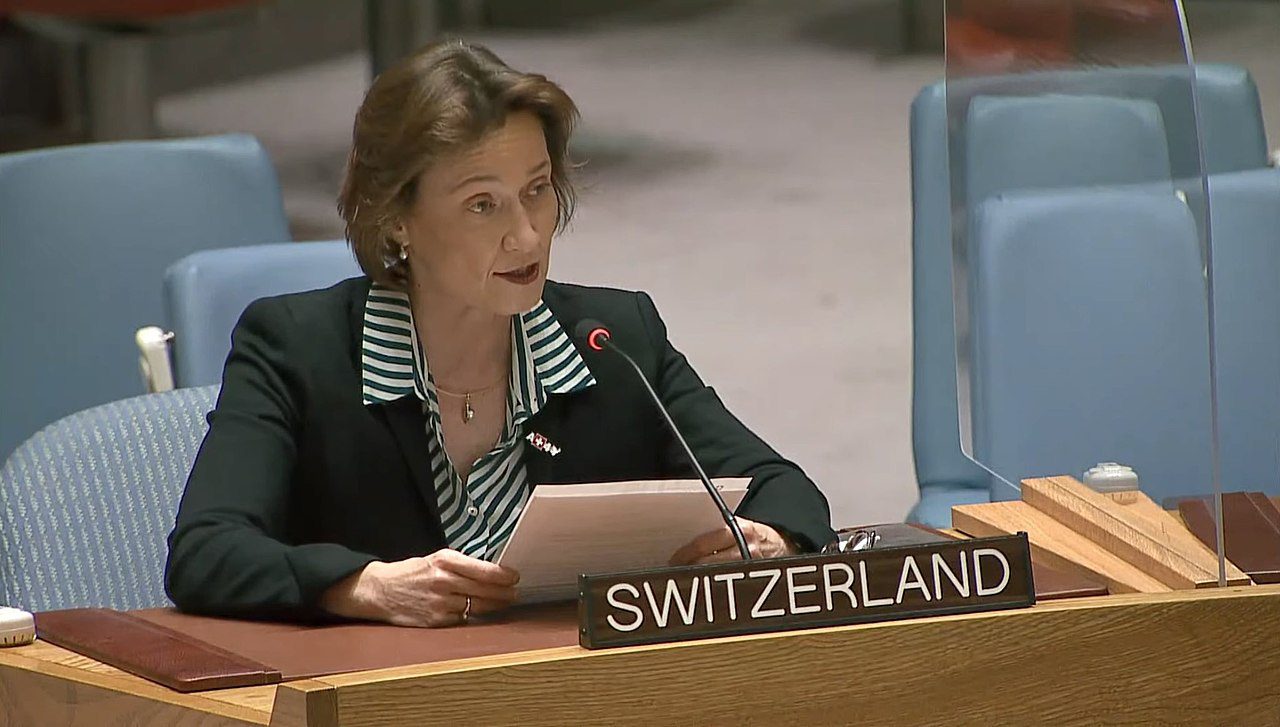Switzerland advocated for orders of the International Court of Justice (ICJ) to be respected, during a special April 9 meeting of the United Nations Security Council (UNSC) on the Guyana/Venezuela territorial controversy.
According to the official X account (formerly Twitter) of Switzerland at the UN, the European country “underlined that States have an obligation to abide by their obligations under int’l law, including with [ICJ] orders and with the fundamental principles of the UN Charter.”
Switzerland is a non-permanent member of the Council. Its Permanent Representative to the United Nations in New York is Ambassador Pascale Baeriswyl.
Switzerland’s position aligns with that of other European countries, such as the United Kingdom and France, which are in support of the role of the ICJ in resolving this territorial controversy. The Swiss position supports Guyana’s contention that the controversy, which is before the ICJ, should be resolved by that body. Venezuela has refused to accept the Court’s jurisdiction. However, it still participates in the case proceedings.
Venezuela submits counter-memorial to ICJ in Essequibo case | OilNOW
Guyana asked the Security Council to address the controversy after Venezuela’s President, Nicolas Maduro, signed the Organic Law for the Defense of Guayana Esequiba into law. The Act outlines steps for fulfilling Venezuela’s claim for the Essequibo region.
The ICJ has ordered Venezuela not to interfere with Guyana’s administration and control of the territory. Guyana’s President Irfaan Ali has said that Venezuela’s law is an infraction in that regard.
The UNSC has not made an official statement on the outcome of the meeting.
The territorial controversy hinges on Venezuela’s acceptance of the Arbitral Award of 1899 which settled the boundary between the two South American nations more than a hundred years ago. In 1962, some 63 years after accepting the boundary, Venezuela claimed the 1899 Award was null and void. After years of discussions between the two countries under the United Nations Good Offices Process failed to deliver a resolution, UN Secretary General Antonio Guterres referred the matter to the ICJ in 2018.



